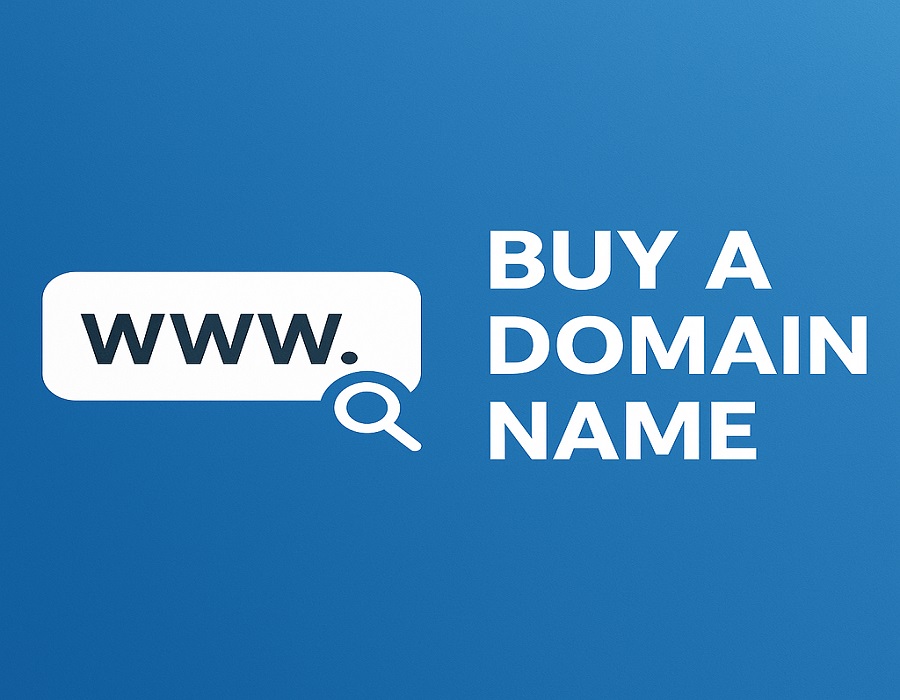There are a lot of electricity companies out there, and it can be hard to choose the right one for your business. The good news is that you can choose an energy provider in the UK that meets your needs and budget because the market is not regulated.
Choosing the right electricity supplier can have a big effect on your bottom line, whether you run a small cafe or a large factory. Selecting a contract quickly could cost you thousands of pounds a year, while doing your research could save you thousands.
This article will teach you everything you need to know about finding business electricity suppliers with low prices, from how to understand different types of contracts to how to get better terms.
Understanding Business Electricity Contracts
It’s important to know what kinds of contracts are out there before you start comparing suppliers. There are three main types of business electricity contracts, and each has its pros and cons depending on what your business needs.
Fixed-Rate Contracts
With fixed-rate contracts, your electricity price is set for a certain amount of time, usually between one and five years. This choice gives you peace of mind about your budget and protects you from changes in the market price. If, for example, the cost of electricity at the wholesale level goes up while your contract is still in effect, your business electricity rates stay the same.
Variable-Rate Contracts
Variable-rate contracts let the price of your electricity change based on how the market is doing. It can save you money when wholesale prices go down, but it also puts your business at risk of price increases. These contracts are best for companies with budgets that can change from month to month.
Flexible Contracts
Flexible contracts let you buy electricity at different times to take advantage of lower wholesale prices. This option needs more active management, but it can save businesses a lot of money if their energy use patterns are predictable.
Factors to Consider When Choosing Business Electricity Suppliers
These factors should be considered.
Unit Rates and Standing Charges
The unit rate is the price you pay for each kilowatt-hour (kWh) of electricity you use. Standing charges are daily fees that don’t change and cover the cost of keeping your connection to the grid. These are the most important parts of your electricity bill.
When looking at different suppliers, make sure to look at both parts closely. A supplier might charge higher standing charges but lower unit rates, or the other way around. To get an accurate comparison, figure out the total cost based on how much you used it in the past.
Contract Length and Flexibility
The length of your contract affects both your rates and how flexible you are. Longer contracts usually get you better business electricity rates, but they also make it harder to switch if you find a better deal. Shorter contracts give you more options, but they may also cost more.
Think about how stable your business is and what you want to do to help it grow. A company that is growing quickly might do better with shorter contracts that let them renegotiate when their energy needs change. Businesses that have been around for a while and know how much they will use a service might want longer contracts to be sure of their budget.
Customer Service and Support
When you have problems with your bill or your supplies, good customer service is very important. Find business electricity suppliers that have dedicated support teams, multiple ways to get in touch with them, and quick response times.
Look at reviews online and ask potential suppliers how they handle complaints. A supplier with great prices but bad customer service can cause more problems than they save you money.
How to Compare Business Electricity Rates
Below are some electricity prices comparison tips.
Gather Your Usage Data
To begin, get at least 12 months’ worth of electricity usage data from your current bills. This information helps suppliers give you accurate quotes and lets you compare apples to apples.
Find your Annual Quantity (AQ) number. This number shows how many kWh of electricity you use each year. Your current supplier must give you this information if you don’t have it on hand.
Use Comparison Websites
There are a number of comparison websites that focus on business energy. You can enter your usage data and get several quotes. These platforms can help you save time and give you a good idea of all the options you have.
But keep in mind that not all business electricity suppliers or tariffs are always listed on comparison sites. Use them as a starting point, but you might get better deals by contacting suppliers directly.
Request Direct Quotes
Get in touch with suppliers directly to ask for personalised quotes. Many suppliers will only give their best rates to businesses that deal with them directly, especially larger ones. When you ask for quotes, make sure to provide accurate usage data and ask about any extra fees or charges that aren’t included in the headline rates.
Negotiating Better Business Electricity Rates
You can get better rates by considering these negotiation tips.
Timing Your Negotiations
The prices on energy markets change all the time, and when you negotiate can affect the rates you get. The price of wholesale electricity changes depending on the time of year, the state of the economy, and the amount of electricity available.
Three to four months before your current contract ends, start looking. This timing gives you enough time to look into your options and keep an eye on market trends without feeling rushed.
Use Your Business Profile to Your Advantage
Suppliers often give businesses better prices if they think they are reliable and low-risk customers. Talk about the good things about your business, like:
Consistent payment history
- Stable or growing energy usage
- Multiple sites that could be bundled together
- Long-term business stability
Consider Multi-Year Agreements
Multi-year contracts often get you better business electricity rates if you’re okay with making a longer commitment. Business electricity suppliers like longer contracts because they know what to expect, and they usually pass some of those savings on to customers.
But make sure that any long-term contract has break clauses or review periods that let you renegotiate if your business situation changes a lot.
Red Flags to Avoid
You should avoid these red flags.
Door-to-Door Sales Tactics
Be careful of salespeople who show up at your business without an appointment. Not all door-to-door energy salespeople are bad, but this method often includes high-pressure sales tactics and contracts that aren’t good for you.
Always ask for written quotes so you can look them over carefully before you agree to anything. Real suppliers will gladly give you a lot of information without making you make a choice right away.
Unusually Low Headline Rates
If the prices of a supplier seem too good to be true, look into it more. Some suppliers offer very low headline rates to get customers, but they also charge high standing charges, exit fees, or other hidden costs that make the savings seem less real.
Before you sign any contract, ask for a full list of all the fees. Don’t just look at the unit rate; figure out how much it will cost you each year based on how you use it.
Automatic Rollover Clauses
Some contracts have automatic rollover clauses that keep your agreement going for another term if you don’t give notice within a certain amount of time. These clauses can keep you from getting out of bad contracts or switching to better ones.
If you don’t want your contract to automatically renew, read the terms carefully and set reminders well in advance of any notice deadlines.
Final Words
To find the best business electricity suppliers, you need to do some research, compare options, and think about what you need. First, get your usage data and make sure you know the terms of your current contract. After that, look into your options by using comparison websites and getting in touch with suppliers directly.
Keep in mind that the lowest headline rate isn’t always the best deal. Think about the total cost, how flexible the contract is, how good the customer service is, and any extra services that could help your business. Read the terms of the contract carefully and don’t be afraid to ask questions before you sign anything.
If you put in the time and effort to find the right supplier, you could save a lot of money and get better business electricity rates for years to come. Begin your search early, make sure to compare carefully, and pick a supplier that fits your budget and business goals.


